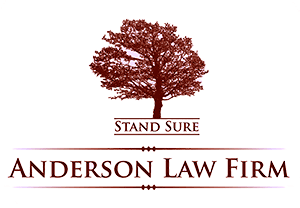 A Guardianship is a legal proceeding where a person (the “Guardian”) is appointed by a probate court to care for a minor or an incapacitated adult (the “Ward”) and protect them from abuse, neglect, and exploitation.
A Guardianship is a legal proceeding where a person (the “Guardian”) is appointed by a probate court to care for a minor or an incapacitated adult (the “Ward”) and protect them from abuse, neglect, and exploitation.
A guardian can be appointed to care for a ward’s health (guardian of the person) and/or the ward’s finances (guardian of the estate).
The need for a guardianship may arise if an adult becomes incapacitated but does not have a power of attorney. There are also certain situations where a power of attorney does not provide sufficient legal power to care for an incapacitated individual. Guardianship is often the only alternative.
Parents are automatically the natural guardian of the person of their minor children but are NOT automatically the guardian of the estate of their minor children. What this means is that a child’s parent does not by default have control over money or property to which their child may become entitled, such as an inheritance. These situations can become very complicated. A parent may need to be appointed as guardian of the estate of their minor child if an alternative approach is not possible.
Guardianship proceedings often involve the stripping away of an incapacitated adult’s rights. This is a very serious legal process. A doctor must demonstrate that the individual is incapacitated. The potential ward is appointed an attorney. The person applying to be guardian must also have an attorney.
Once a guardian is appointed, the guardian has continuing duties to the ward and the court which typically require the guardian to retain the ongoing services of a qualified attorney.
Guardianships are complex. If you need to take care of a friend or family member but lack the ability to do so, contact Anderson Law Firm.
We can review your situation to see if a guardianship can be avoided. If not, we can guide you through the guardianship process as quickly and painlessly as possible.





